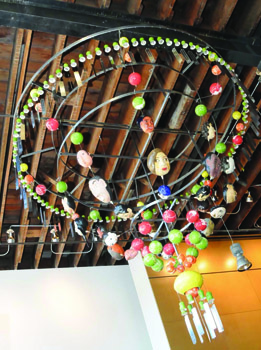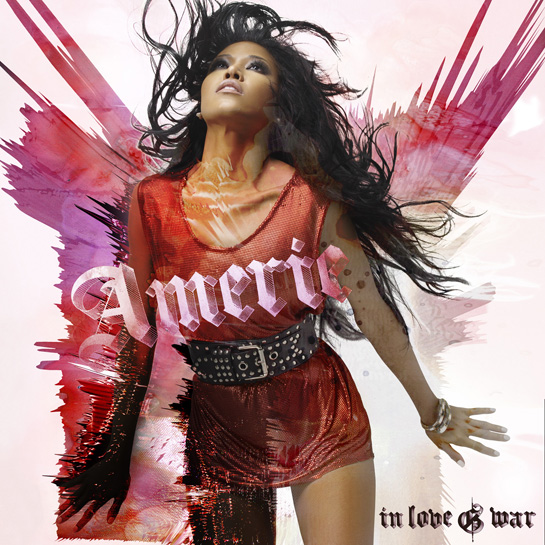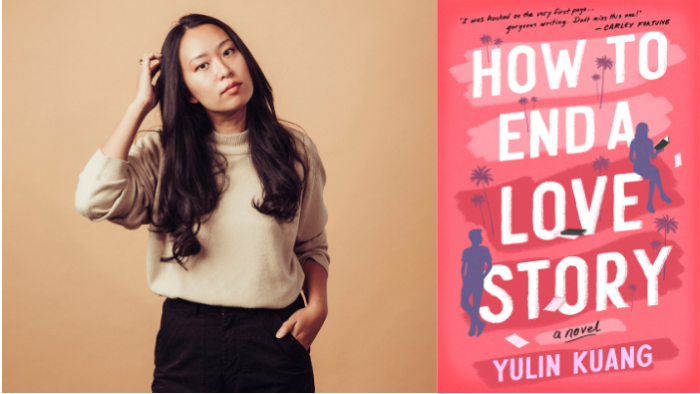It’s not uncommon for a prominent museum to have an Asian art collection, though none larger than the 35,000-plus objects housed at the Metropolitan Museum of Art in New York City, or the 30,000-piece compilation at the Smithsonian in D.C. But the museums that comprise this list are distinguished by the fact that they are institutions unto themselves. In a decade that has seen Asian American media decimated by numerous publications going under and cable networks fizzling out, during that same time period, many Asian/Asian American museums have expanded. Though the economic downturn has presented certain challenges, these five institutions—fueled by the public’s appetite for the Asian art experience—have managed to remain enduring fixtures in the American cultural landscape.
Here, the top Asian museums in the United States.
Asian Art Museum Chong-Moon Lee Center for Asian Art and Culture
San Francisco, Calif.
www.asianart.org
What does it cost to have your name carved into the façade of the largest museum in the United States devoted exclusively to Asian art? Well, Chong-Moon Lee, a Korean-born entrepreneur in Silicon Valley, donated a staggering $15 million (plus $1 million devoted exclusively to the Korean department, whose collection is the most comprehensive outside of Korea). Current exhibitions include the “Korean Palaces of the Joseon Dynasty,” which runs through November. Though the museum has a scant contemporary collection on view, the traditional arts—especially the ceramics, jade and ivory sculptures—are exquisite. Visitors to the museum may note the ornate Classical architecture from the Ionic columns above the entrance to the coffered ceiling of Samsung Hall (where, fittingly, quiet cell phone use is permitted), and wonder why the nation’s largest self-standing Asian museum doesn’t look very…um…Asian. The museum actually moved from its previous location in Golden Gate Park to the former main branch of the city’s public library in the Civic Center. The site thus incorporates some of the library’s original Beaux Arts design. Re-use, recycle (very San Francisco)
Asia Society and Museum
New York, N.Y.
www.asiasociety.org
So the front isn’t much to look at. Besides the banners that drape the entrance, nothing really distinguishes the pink granite box in Upper Manhattan from the stolid brick buildings that surround it. But once inside, the visitor is greeted by a grand, glass and steel staircase that connects the open atrium to the four public galleries (all redesigned in 2001). In 2007, the society announced its Contemporary Art Collection after being one of the first American museums to establish a contemporary Asian art program in the early 1990s. By focusing a keen eye on the vibrant artwork coming from Asia, the society honors its mission to strengthen ties, promote dialogue and enhance understanding between the United States and Asia. (Planned expansions include a center/museum to open soon in Houston, Texas). Not content with merely collecting, the museum also commissions artists to create new works inspired by pieces in Asia Society’s Rockefeller Collection. Such commissioned work is currently on display through February 7 in an exhibition titled “Yoshihiro Suda: In Focus.”
Japanese American National Museum
Los Angeles, Calif.
www.janm.org
Ever since the Japanese American National Museum opened in 1992, it has celebrated America’s cultural diversity by putting the Japanese American experience in the broader context of freedom and democracy. In fact, along with spearheading the creation of the National Center for the Preservation of Democracy (whose traveling exhibit, “Fighting for Democracy,” explores the diverse perspectives of ordinary citizens during World War II), it’s also the only Asian museum in California that is an affiliate of the Smithsonian Institute. As America fights two wars, the lessons of the Japanese American internment continue to resonate. Lest you worry that a visit will be one long civics lesson, rest assured that the museum mixes in a healthy dose of Japanese pop-culture kitsch and contemporary Asian American art. Hurry up and catch the “Giant Robot Biennale 2: 15 Years” exhibition currently on display through the 24th for some of the best contemporary art out there today, including an exclusive installation by the very twisted and immensely talented David Choe.
Pacific Asia Museum
Pasadena, Calif.
www.pacificasiamuseum.org
When you think “ethnic Asian enclave,” Pasadena isn’t exactly the first place that comes to mind. But that’s not the only surprising thing about the Pacific Asia Museum. First, the Chinese Imperial-style building—replete with a charming interior courtyard straight out of a Zhang Yimou film—was once the personal residence of a local businesswoman who commissioned it in 1924. The site later became Pasadena Art Museum and finally transformed into the Pacific Asia Museum in 1971. Inside, the galleries wend through a surprisingly comprehensive collection of traditional, folk and contemporary art. Recently, the museum acquired some prized Korean ceramics and a painted eight-panel screen from the Joseon period. Though the museum is small, it more than compensates with innovative, provoking exhibits like “Calligraffiti: Writing in Contemporary Chinese and Latino Art,” which runs until the 17th. The display features three dynamic murals created in the museum’s parking lot by a collaboration of calligraphers and graf artists. Future exhibits include “Beyond the Page: Contemporary Art from Pakistan” and “China Modern: Designing Popular Culture 1910 to 1970.”
Wing Luke Asian Museum
Seattle, Wash.
www.wingluke.org
If you visit the Wing Luke Asian Museum expecting to see bowls and vases from a Dynasty, you’ve come to the wrong place. Named after the first Asian American elected official in the Pacific Northwest, the Wing Luke exemplifies a community-based institution. Exhibits are developed by a community advisory committee; as a result, no other museum on this list is so intimately tied to a specific region. The museum’s newly expanded location, which opened in 2008, was once the site of a boarding house originally built by Chinese immigrants at the turn of the 20th century. To pay homage to the immigrant pioneers who built the region’s railroads, worked the canneries and dug the mines, the museum has preserved some of the site’s original spaces (including a general store and living quarters). Yet, Wing Luke’s community-based approach goes well beyond mere preservation. Its ongoing oral history projects and community forums highlight the Asian immigrants’ present-day struggles and triumphs. The museum is also an incubator for homegrown, cutting-edge artists, some of whom have works on display through September 19 in a multi-media exhibit named “Cultural Transcendence.”











